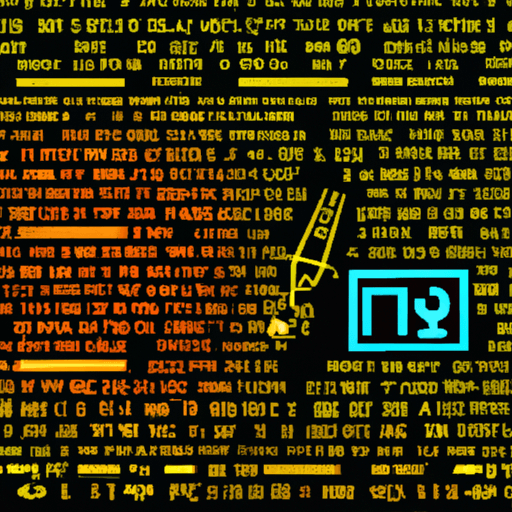Ancient Civilizations' Influence on Modern Technology
Throughout history, the contributions of ancient civilizations have significantly shaped the world we live in today, particularly in technology. It's astounding to see how the innovations initiated by civilizations such as the Egyptians, Greeks, and Romans have come to form the basis of our modern technological era and how they still influence areas such as medicine, engineering, and communication.
Egyptians: The Pioneers of Written Communication
The ancient Egyptians were pioneers in developing one of the earliest forms of written communication – hieroglyphics. This innovation provided a model for codified language systems, which later evolved into modern computer languages. Additionally, they developed techniques for preserving corpses (mummification), laying the foundation for aspects of modern medicine and chemistry.
Greeks: Forerunners of Modern Medicine and Engineering
The Greeks are regarded as the true forefathers of modern science and technology. Hippocrates, the 'Father of Medicine', introduced a new perspective on medical diagnostics, treatment, and patient care, which forms the basis for the modern medical profession. Greek philosophers such as Pythagoras and Euclid contributed to mathematics and geometry, providing the foundation for modern engineering and computer science.
Romans: Architects of Infrastructure
The Romans are acknowledged for their advanced civil engineering. Their innovative techniques in constructing roads, bridges, and aqueducts have influenced modern civil engineering by providing models for infrastructure and transport systems. The Roman numeral system, though less commonly used now, was significant in the development of accounting systems and is still used in specific contexts today.
Impact on Today's Technological World
The technological advancements from these ancient civilizations have undoubtedly influenced our modern world. The codified language systems of Egypt serve as the theoretical foundation for present-day computer languages. Greek contributions in mathematics and geometry have led to developments in advanced engineering and computer science. Roman civil engineering techniques continue to shape our infrastructure systems.
Thus, our current technological advancements are deeply rooted in the past. The progression from ancient forms of technology to our current state is a clear testament to human adaptability and ingenuity. We should not only appreciate these landmarks in human history but also strive to continue this spirit of innovation for future generations.


















Comments
Leave a Comment